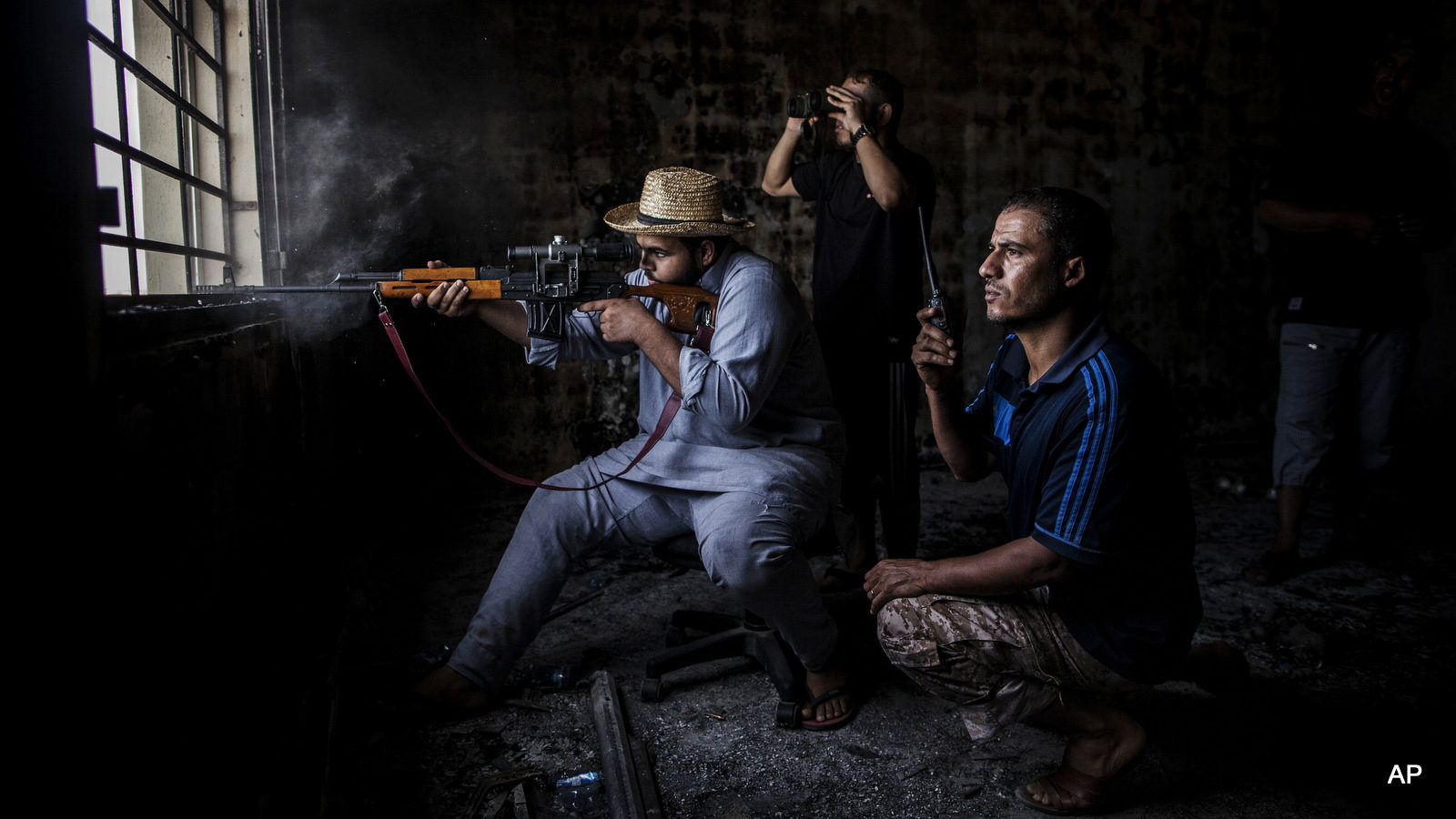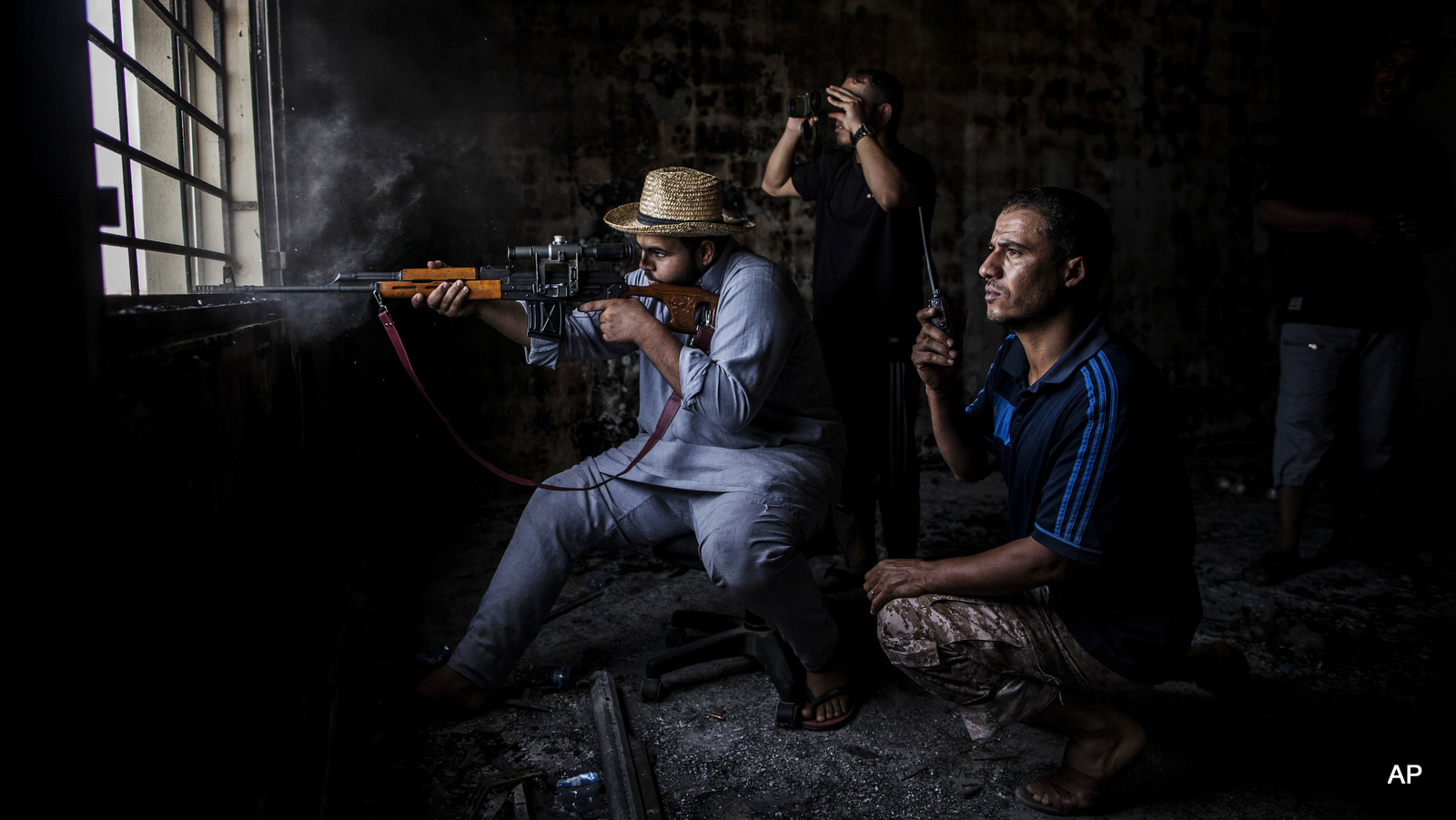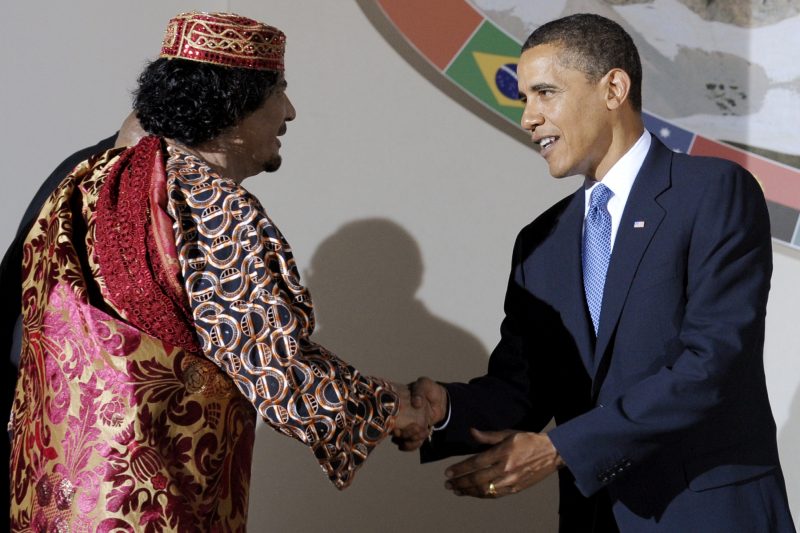On Feb. 22, students and professors gathered to celebrate the 200th birthday of a widely known social, historical, political and economic revolutionary.
If you haven’t guessed it from the headline already, that revolutionary is Karl Marx.
It was a typical birthday party, filled with games, goodie bags, Play-Doh, colouring pages, the Young Communist League Fredericton and chocolate cake – everything a young sociologist, Marxist student could want.
Games included Pay Day and Jenga – or as Marx would call it, “dismantling capitalism.”
But why is his birthday so significant? And why should students celebrate Karl Marx?
Erin Fredericks, acting chair of the Sociology department at St. Thomas University, organized Marx’s birthday party along with other sociology professors.
“We are really trying hard to get students together for sociology,” Fredericks said. “Which is why we put on events like this one to encourage students to get excited and get involved.”
Marx was born in the year 1818, during the century which also brought the invention of the battery, the Louisiana purchase, the Lewis and Clark expedition and the first use of the White House.
Although times have changed since the 1800s, Marx’s critical approaches still relate to today’s concepts around class inequalities, workers’ rights and other relevant issues.
Marx’s work focused on the modes of production through class struggles and analyzed capitalist profit through labor value and the exploitation of the working class under the control of the bourgeoisie.
Marx challenged capitalism and predicted the tensions between classes would breakdown or dismantle capitalism and the rise of class consciousness, or the birth of a new-middle class, could be replaced by a new system: communism.
He published The Communist Manifesto, Das Kapital and other important works alongside Friedrich Engels, who later became a source of inspiration and an architect of the social sciences.
So there is no surprise Marxism is mentioned in various courses at STU.
Not only is it referenced in many studies but a lot of his work is relevant in current events.
“Inequality still exists, so Marx draws attention to globalization and how people have so much and some have so little,” said Jacob Patterson, a STU student who is part of the Young Communist League Fredericton.
By studying and using historical materialism, anyone can understand the public issues in today’s society from a Marxist point of view – not just university students.
“Issues of inequality affect all of us,” Fredericks said. “And you don’t have to be a sociology major to appreciate Marx.”
Sociology is a tough discipline because understanding Marx’s concepts can be challenging, according to Kristi Allain, a sociology professor at STU. But both Fredericks and Allain believe holding events about sociology can be beneficial for developing critical thinkers.
“You don’t necessarily think that something disciplined like sociology or Marxism can be fun and silly, so we try to make these kind of events very silly,” Allain said.
Indeed, the event was filled with witty references to Marx squeezed into each activity and the party favors, including Marx-inspired buttons.
According to Allain, students were excited to learn more while celebrating.
“It shows how enthusiastic students can get and it allows them to get nerdy about Marx.”








